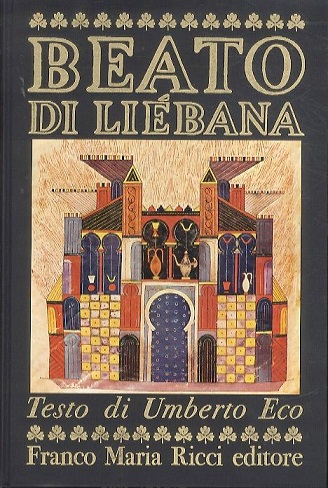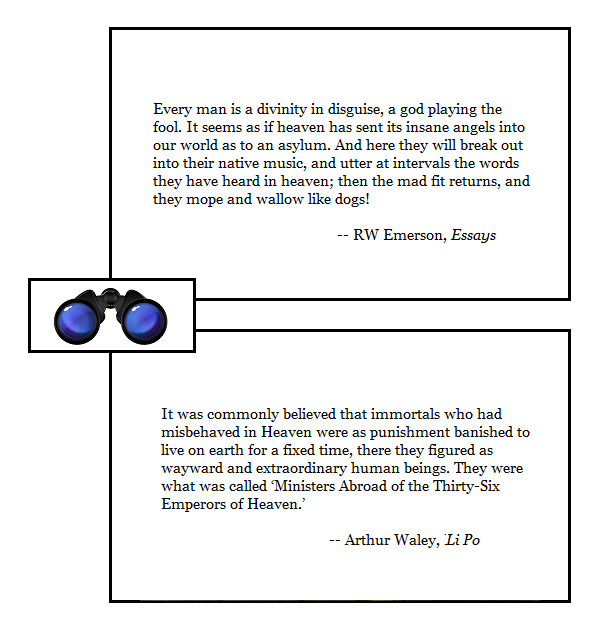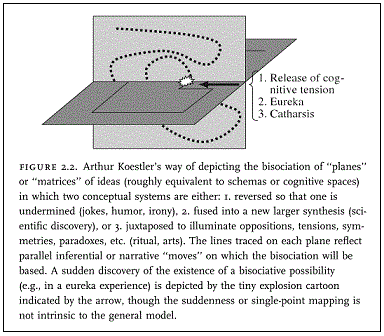Umberto Eco, RIP
Saturday, February 20th, 2016[ by Charles Cameron — he was a man of word, wit and wisdom ]
.
The world was chastened last evening to learn of the passing from among us of Umberto Eco.
**
Zen has long admired Eco, as readers here will know, if for no other reason then as the original exponent of the concept of the antilibrary, here described by Nassim Nicholas Taleb in his book, The Black Swan:
The writer Umberto Eco belongs to that small class of scholars who are encyclopedic, insightful, and nondull. He is the owner of a large personal library (containing thirty thousand books), and separates visitors into two categories: those who react with “Wow! Signore professore dottore Eco, what a library you have! How many of these books have you read?” and the others — a very small minority — who get the point that a private library is not an ego-boosting appendage but a research tool. Read books are far less valuable than unread ones. The library should contain as much of what you do not know as your financial means, mortgage rates, and the currently tight real-estate market allows you to put there. You will accumulate more knowledge and more books as you grow older, and the growing number of unread books on the shelves will look at you menacingly. Indeed, the more you know, the larger the rows of unread books. Let us call this collection of unread books an antilibrary.
My own taste, as you know, runs to th apocalyptic, and I have long lusted for his sumptuous edition for Franco Maria Ricci of the Beatus of Liebana commentary on the Book of Revelation. I am grateful to discover I do have in my possession the second issue of FMR magazine, with Eco’s essay Waiting for the Millennium (pp 63-92) containing a number of the plates from that larger work.
It was blog-friend Laura Walker who alerted me to Eco’s passing, with the graceful comment:
He is the best ambassador of the Middle Ages – thought, aesthetics, philosophy, humor, humanity – it’s as if he sends his works from there..
Indeed. We lament his passing.





